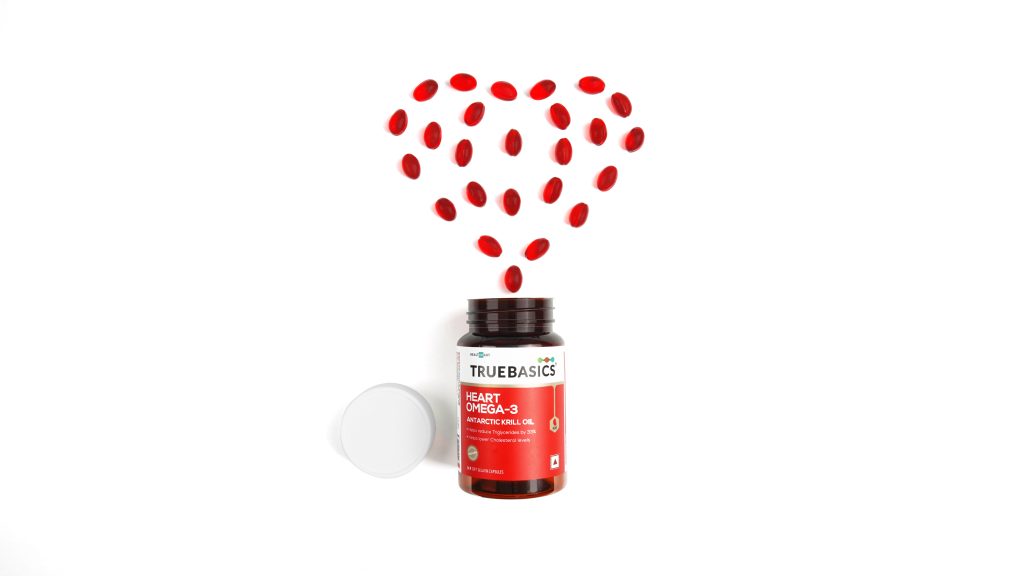Over the past couple of years, there has certainly been more dialogue around the importance of mental health. According to the World Health Organization, depression is one of the leading causes of disability. Suicide is also the fourth leading cause of death among people between ages 15-29 years. People with mental health issues also die prematurely because of preventable physical conditions that arise out of poor mental health.
In spite of recent public awareness around mental health, there is still a lot of judgment and stigma attached to it. Although relatively speaking, mental health issues can be easily treated at a lower cost, the gap between people who have the right resources and the people who don’t, is ever increasing. Keeping in mind all these fundamental issues, people suffer silently, sometimes without lack of proper treatment and oftentimes being unaware or unable to identify the issue as a mental health issue.
While we’ve clearly established the importance of mental health, did you know that these issues can physically affect our wellbeing? One of the main organs affected in the body due to poor mental health is the heart. We know what you’re thinking. Can stress cause a heart attack? Can something entirely created by our mind affect us physically? The answer is YES, it sure can. Here’s how mental health issues can cause heart issues including heart attacks, high blood pressure, and hypertension.
Depression – Importance of mental health in relation to heart attacks
People diagnosed with clinical depression are far less likely to stick to a routine than the people who don’t. Exercise routines are very crucial to heart health. Not only poor physical habits, but according to NCBI, depression is also linked to bad eating habits, smoking, and alcohol consumption. Not only this, but scientifically, being depressed releases a number of stress hormones in the body. Cortisol is one such stress hormone in particular, which is linked to high blood pressure and hypertension – two heart conditions that are the main contributors to heart attack.

Anxiety disorders and heart palpitations
When it comes to anxious thoughts, it’s hard to differentiate between anxiety and anxiety disorder. Everyone experiences anxiety at some point. It is usually linked to a stressor which can range from big life changes, to a board meeting at work. When the stressor ends, the anxiety attached to it also ends. But in an anxiety disorder, the anxiety can creep in without any stressor present, oftentimes randomly. One of the most common physical symptoms of anxiety disorder is heart palpitations. In specific cases, people also experience chest heaviness.
Although anxiety is notoriously known to trick our bodies into thinking that the worst can happen, prolonged stress due to anxiety can cause heart issues too, heart attack being one of them.
Mental health medications and heart issues
As a part of long-term and sustainable treatment for mental illnesses, medications used to manage them also contribute to a variety of heart issues, rendering your heart vulnerable. Antidepressants, mood stabilizers, medications for sleep, and antipsychosis all have a host of different side effects. The reason why these medications can trigger heart issues, potentially heart attack is because of the following:
- Unexpected weight gain
- Interference with body’s fats and sugars
- Occurrence of diabetes
- High chances of elevated cholesterol levels

In conclusion, pair up medications with a healthy routine of diet and exercise to avoid unwanted side effects. If you think you can go a little extra mile to keep your heart younger for longer, we have a natural solution for you. From the house of TrueBasics, Heart Omega-3 is a natural supplement that is made from Antarctic Krill Oil. Besides being 100% pure and traceable back to its source, the 4 heart-strengthening ingredients of Antarctic Krill Oil make it the ultimate heart specialist that you can rely on. It helps reduce cholesterol and reduce triglyceride levels by up to 33% with continuous usage for 26 weeks.















